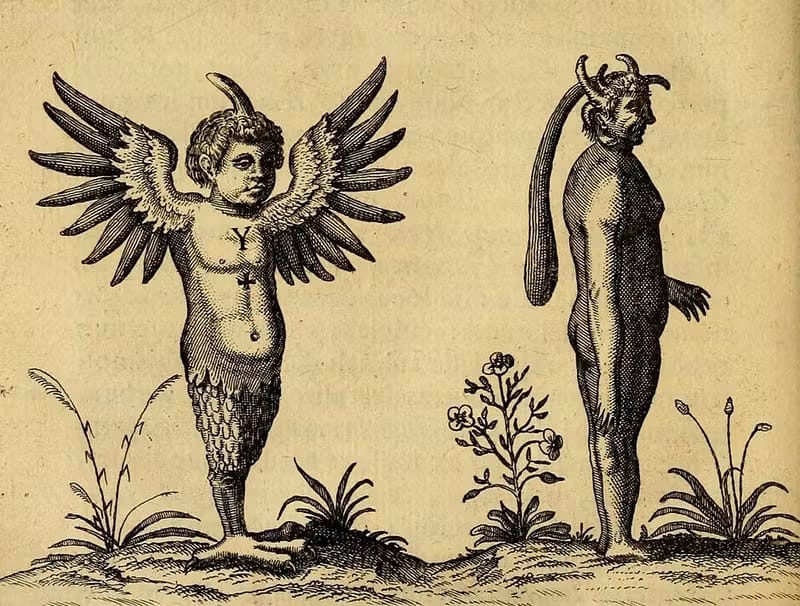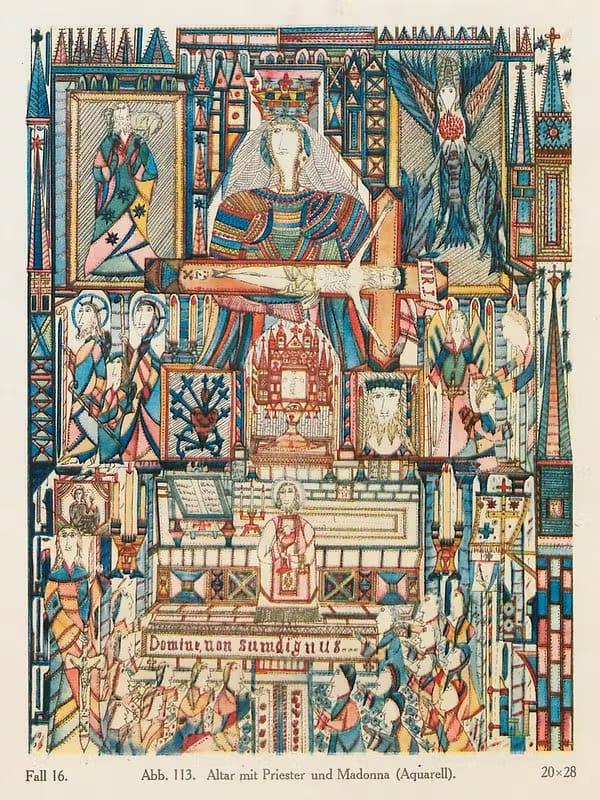Off the Wagon
-

On A Body To Die In
Yesterday I posted this (https://bramses.micro.blog/2025/02/04/bad-shape-today-more-details.html) where I mentioned that my weight has actually gone up over the past week. I seem to have fallen a little bit off of the proverbial wagon. I put a lot of emotional stress on this launch party that I was building up to, and I think that the vacancy of that immediate stress just caused me to rebound into some pretty bad habits: binging junk food, not going to the gym, and sleeping a bunch. I think that at least the latter - the sleeping a bunch - made sense because I was genuinely exhausted. (I am still kind of recovering. I'm writing this on Tuesday, so this was four days ago. It might take a week or two to rebound my stress levels to normal).
Today, I'm thinking about how to get back on the bandwagon for the gym and start losing weight again to get to my final goal of 170-ish pounds. I think that the best place to get started is to kind of just start with calories and then make my way slowly back into the gym. I lost momentum, and it really kind of took the floor out from under me. This is a good lesson though, because in a lot of ways you need the bad days to show you the direction of where the good days could go.
On Books
As for reading, I just finished the books "Meditations for Mortals" by Oliver Burkeman and "The Life of Alexander the Great" by Plutarch. "The Life of Alexander the Great" was pretty good. It was obviously written before chapters were invented, which reminded me that chapters are indeed a technology. It's written like a single long run-on sentence of the events of Alexander's life. There's a lot of Greek names that are very confusing and I had trouble following who was who, but overall I kind of got the general gist of what Plutarch thought about Alexander.
Alexander was obviously a renowned general and leader, but he was also embroiled in a world of myth. He was heavily superstitious and there was a lot of prayers and rituals around his life – and a lot of drinking too. There's a lot of these kind of demi-god type stories because that was the condition of being a ruler in his era. I think it's really interesting how humans have evolved away from comparing ourselves to gods in certain ways, but then have tried to create gods with our technology to fill the gap.
Overall, "Alexander the Great" I would give it four stars, a really good historical novel and I think worth reading. Especially because I've been on a kick lately where I like reading books that were written before English was invented as a language. I think it helps connect me to the overall human condition.
The other book, "Meditations for Mortals," on the other hand, unfortunately I have nothing good to say about. It was really bad. It felt like it should have been a blog post. I liked Oliver Burkeman's work, "Four Thousand Weeks," – that was really good because it was talking about how a human is, by default, a mortal creature and we keep taking on these immortal tasks. So it makes more sense, physiologically, to give up on trying to be perfect and instead just embrace imperfection. I think he carried some of the same ideology into this book, but it just didn't play out as well.
Some of the chapters were pretty interesting, there was a few interesting ideas about like a "done list" which I liked, and there was another idea about "operating from sanity" where you do the thing you want for your future self today (aka don't wait); and there were a few other ideas that kind of stuck out to me as being useful. But overall this was just a not great, crappy self-help book.
The format itself was kind of interesting, it was short, and it was meant to be read over the course of 28 days. I think I read it over the course of 14 because I didn't want to actually sit here and read it for 28 days because I didn't like where it was going. I kind of basically gave up around day 25 or 26 mark because I was just like the boring, repetitive nature of the read. "Meditations for Mortals" gets two stars.
I need to figure out a way for bramadams.dev to feed back upstream. It's important to me.

One thing that jumps out immediately is using consistent posting to this website to feed back into the fear-greed-pain loop of not having posted and feeling guilt.
While that may be a good catalyst, it's not sustainable. I need to figure out a way to tire it into the curiosity-confidence-desire hunt loop.
I'm not really sure about which strategy is best or which is most sustainable. As it stands, this website currently operates as a sink, while I operate as a source that requires energy and filters down to the sink through the layers. That's fine, but I need to be able to take that back into the source for this to be a sustainable process. Otherwise, I'm trending towards zero.
Another pseudo-obvious route is to use the website as an accountability partner of sorts to keep myself motivated to continue to lose weight and read books by either attaching some kind of financial incentive or by attaching some kind of implicit incentive where I can mark off this being a successful day or something like that in my head.
But that's more of a persuasion-justification loop than it is actually practical or rational.




